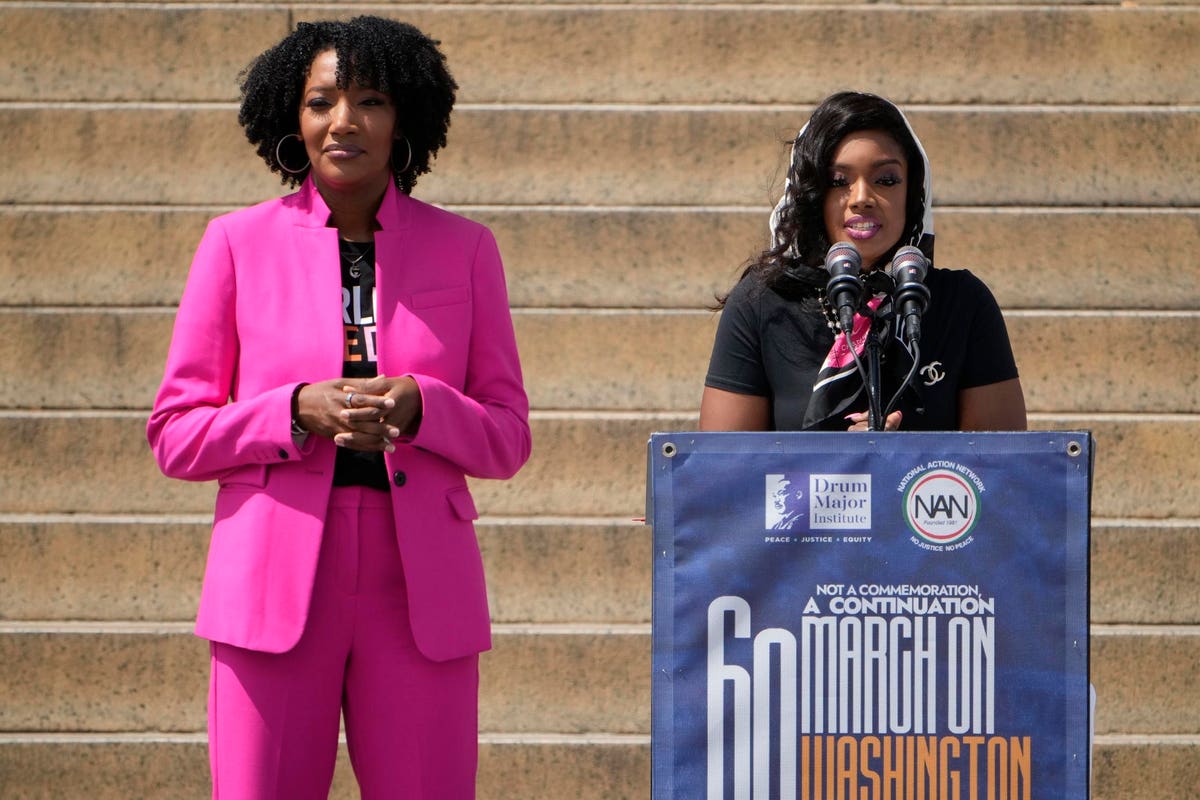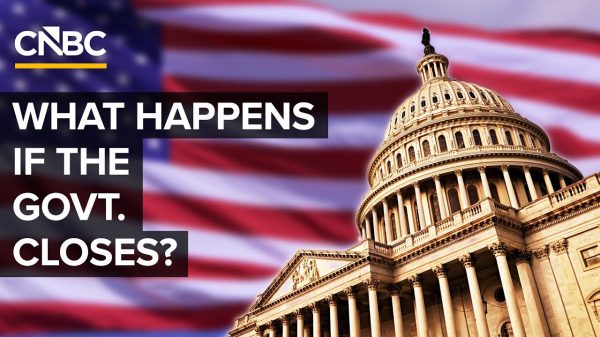Last week, Fearless Fund filed its response to a lawsuit trying to shut down its program providing $20,000 grants to Black women who lead small businesses. This lawsuit is one component of a broader campaign by lawyer Edward Blum to eliminate race as a criterion for selection in any number of areas of American society, such as universities and corporations.
You’re welcome to go read the nine hundred and fourteen-page response yourself. Or if you’d like a few hours back in your day, you may prefer this summary of the four core arguments Fearless Fund makes for why this case should be dismissed. I also add my perspective as an impact investor on some potential implications of these arguments, noting that I am not a lawyer and cannot provide legal advice.
1) The Organization That Sued Lacks The Right To Do So.
Fearless Fund claims that (AAER) lacks “standing”—the legal concept that defines the entity or individual that has a reasonable claim to harm. Notably, they cite precedent that “requires that an organization suing on behalf of its members ‘name the individuals who were harmed.’” (Summers v. Earth Island Institute). While AAER claims that its members were “harmed” by their inability to apply for Fearless Fund grants, Fearless Fund notes, “Here, AAER not only fails to name any of its members, but it also fails to cite a single case that suggests the failure to be considered for a discretionary gift is a cognizable harm sufficient to confer standing.”
This seems reasonable: We can’t have ghosts suing people. To put the shoe on the other foot–imagine if an anonymous group of people of color sued Harvard for discrimination. This would likely lead to similar questions about standing or even simple fairness: whether in civil or criminal contexts, people have a right to face their accusers per the Sixth Amendment.
2) Donating Money Is A Form Of Free Speech Protected By The First Amendment — And Therefore, This Suit Is “Unlikely To Be Successful On The Merits.”
According to the filing, in the past, “‘[T]he Supreme Court has expressly found that the First Amendment can trump the application of anti[-]discrimination laws to protected speech,’” and explicitly cites Coral Ridge Ministries Media, Inc. v. Amazon.com, Inc. in establishing that donations are in fact, free speech in that they communicate an idea or purpose.
This argument goes down a quick, slippery slope when it comes to, for instance, the baker who refused to bake a wedding cake for a gay couple or the web designer who didn’t want to design a website for a gay couple, as reported by the AP, cases that were about exercising religious freedom, a cousin of free speech. Justice Thomas, in fact, noted in concurrence alongside Judge Gorsuch that he thought, in this case, “the First Amendment applies with full force.” So, while this second argument may be compelling to courts, there is still a delicate, societal dance between free speech, hate speech, and free speech or actions that have discriminatory or otherwise harmful outcomes.
3) Black Women Receiving Grants Does Not Do Harm To Other Communities.
As the filing cites from GeorgiaCarry.Org, Inc. v. U.S. Army Corps of Engineers, the type of preliminary injunction that AAER seeks to ask the court to immediately halt Fearless Fund’s grant programs “is an extraordinary and drastic remedy not to be granted unless the movant clearly carries its burden of persuasion on each of these prerequisites: namely, that (1) it has a ‘substantial likelihood of success on the merits’; (2) it would suffer “irreparable injury” absent an injunction; and (3) the balance of equities and public interest favor injunctive relief’.”
It goes on to add, “Plaintiff cannot show that any of its anonymous members would suffer any harm in the absence of injunctive relief, much less the ‘irreparable harm’ required to obtain a mandatory injunction. Other courts have rejected requests to preliminarily enjoin minority-focused charitable giving programs like the one at issue here for exactly this reason. See Moses v. Comcast Cable Commc’ns Mgmt., LLC, 2022.”
As the filing notes, “Between 2014 and 2022, Black women received, on average, less than 2% of private funding.” The idea that $20k grants to Black women businesses with under $3M in revenue would even make a dent in this reality is laughable, at best, and certainly hard to imagine would justify a legal standard of “irreparable harm.” If anyone has concerns about disproportionate or unfair capital allocation with regards to race, they perhaps should start with the 98% of private funding that overwhelmingly goes to white men.
4) Black Women Receiving Grants, In Fact, HELPS Society At Large.
And if anything, in addressing the balance of “equities and public interest,” such a grant program could be seen as a net positive, not just to Black women, but to all of society given both the socially and financially positive outcomes often attributed to diversity, as has been found by organizations like McKinsey and the Boston Consulting Group.
As the filing notes, “The public has a strong interest in addressing manifest racial imbalances and encouraging expressive philanthropy; the grant program furthers these aims…it promotes the very goals that Section 1981 was enacted to advance: providing Black people with economic freedom—equal access to capital to build businesses, grow communities, and support families.” Furthermore, they note that “ Congress has stated ‘it is in the national interest to expeditiously ameliorate the conditions of socially and economically disadvantaged groups [such as] . . . Black Americans.’ 15 U.S.C. § 631(f)(1)(C)-(D).”
These four arguments bring up core questions that not only the courts but our broader society must wrestle with: Does America have a responsibility to address its sordid past, and notably, the stain of the enslavement of Black people? Is it reasonable to donate money in pursuit of a particular social objective? When does free speech cross a line into discriminatory action?
While the simple question of lack of standing is likely enough to throw out this lawsuit, surely more lawsuits to come will bring us back to these fundamental questions. May these be welcomed debates if we as Americans want to truly wrestle with what it takes to build an equitable society.
Full disclosures related to my work available here. This post does not constitute investment, tax, or legal advice, and the author is not responsible for any actions taken based on the information provided herein. Certain information referenced in this article is provided via third-party sources and while such information is believed to be reliable, the author and Candide Group assume no responsibility for such information.
Read the full article here





